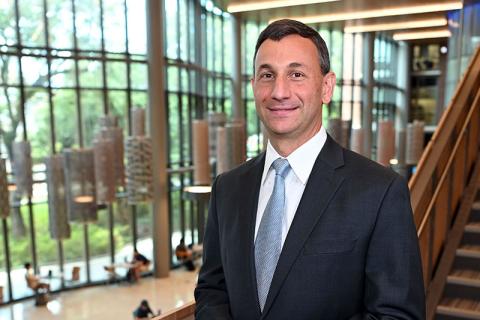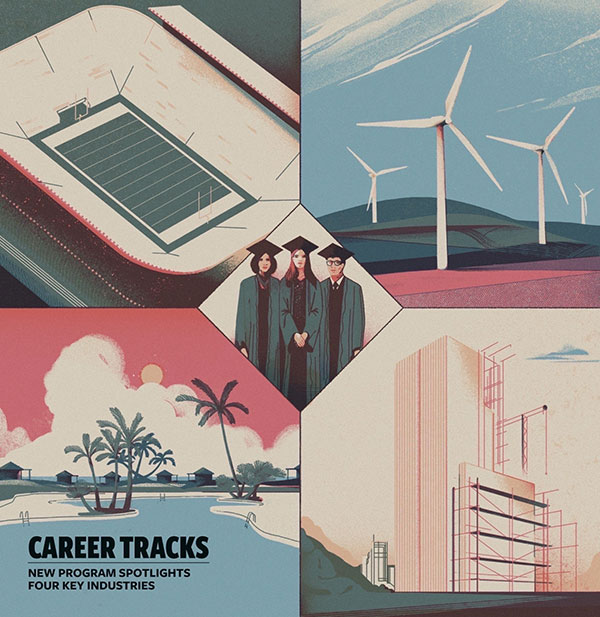Freeman News & Stories
-

Tulane has received a $1.5 million gift from alumnus Bill Templeton and his family that will enhance hands-on learning opportunities and fuel continued innovation at the Tulane Energy Institute.

-
When Don Sylvester (MBA ’72) looks back on his career, he traces part of his success…
-
Dr. Rajat Walia (EMBA '27) is part of an emerging trend: Parents who pursue a Tulane…
-
Starting next month, Tulane University’s A. B. Freeman School of Business will launch…
-
Luca Kunz is a mechanical engineer with international experience in medical device…
Topics of Interest
-

For the 20th anniversary of Katrina, we asked faculty and staff members who lived through it to share their memories of the storm and their thoughts on its long-term impacts on Tulane and the Freeman School.
-

The Freeman Business Minor is a new offering designed to introduce non-business students from across the university to the fundamentals of business.
-

Tulane University’s A. B. Freeman School of Business is pleased to announce the addition of eight new tenure-system faculty members for the 2025-26 academic year.
In the Media
Faculty & Research
-

At the September meeting of the A. B. Freeman School of Business faculty, Yumei He, Jeff Salyers and Claire Senot were honored with 2025 Dean’s Excellence in Teaching Awards.
-
 | Research
| ResearchA Freeman School of Business professor is part of a research team behind a new large language model (LLM) that delivers comparable performance to leading proprietary AI systems while offering something they don’t: complete transparency…
-
 | Research
| ResearchDaniel Mochon's paper "Can reminder emails compel Americans to save? A two-million person megastudy” has been accepted for publication in PNAS Nexus.
Freeman Business

The alumni magazine of the Freeman School of Business at Tulane University.
